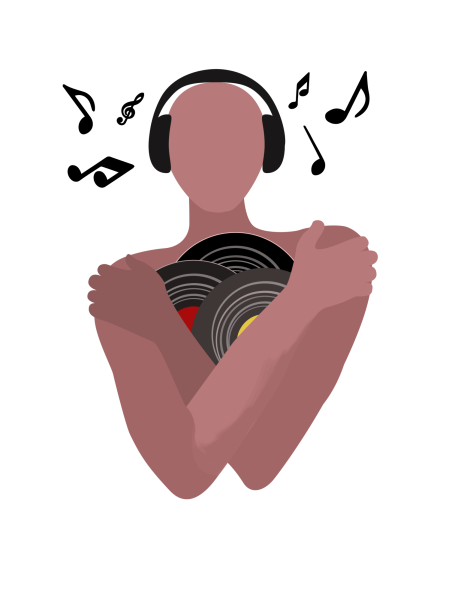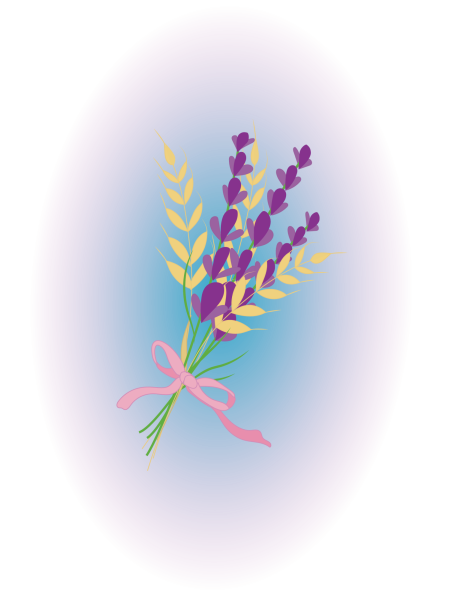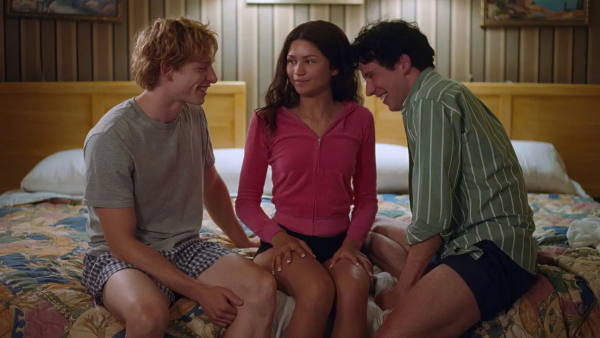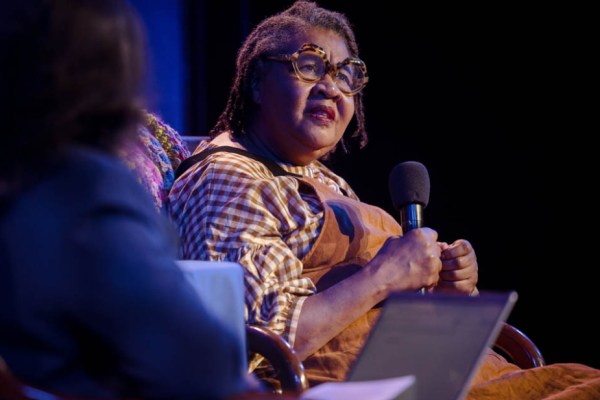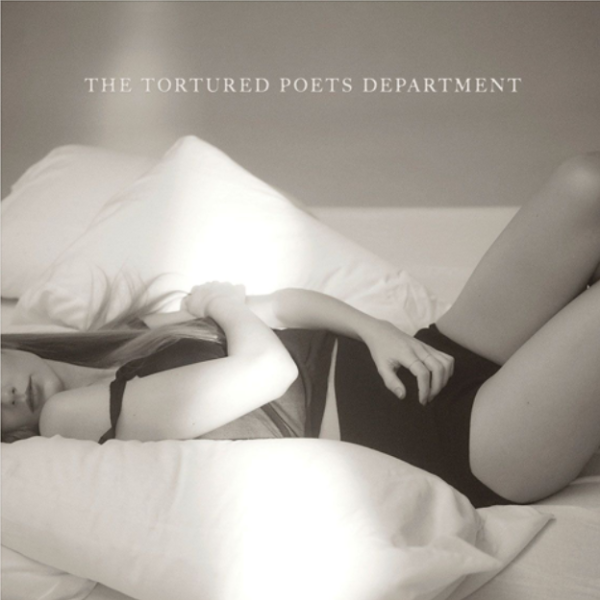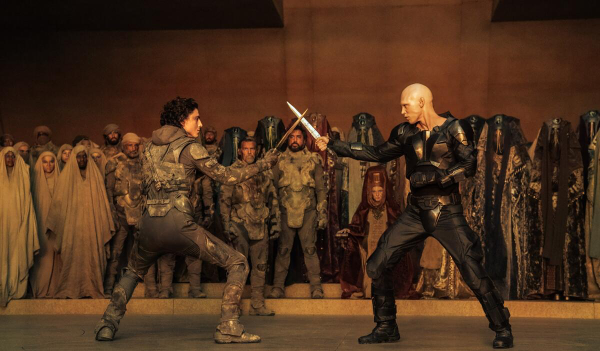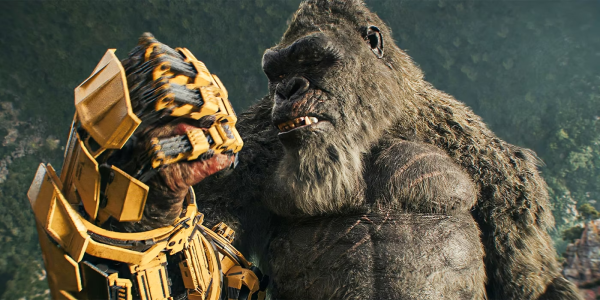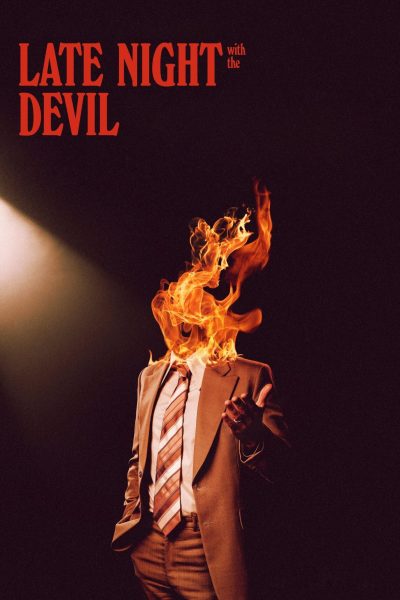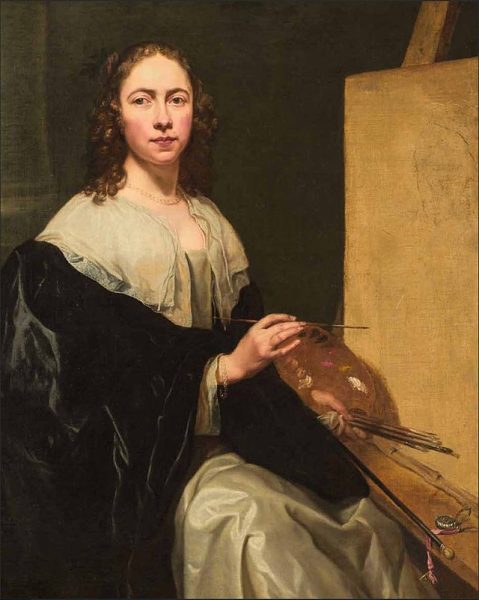Halloween: A Hopeful Imposter and Ancient Religion
Halloween: the one night every year where young children can indulge themselves in candies while knocking on doors and bringing smiles to the individuals that are handing out candy. I remember when I was younger, I would dress up in my costume and walk around my neighborhood knocking on the doors of my neighbors while attempting to act as my costume and ask for candies. After a night of strategic planning to knock on the notoriously fruitful doors, I would run home and consume candies till my stomach ached. Last week, as I reflected on my Halloween endeavors as a kid, I wondered about the history of Halloween. How did an originally religious festival become a Westernized tradition of pleasurable delight in the greediness of children with a thirst for sugar?
Halloween originated in the ancient Celtic festival of Samhain on November 1st, where the Celtic community would celebrate the beginning of their new year at the end of summer that was “associated with human death.” On the night of Samhain, October 31st, the worlds of the living and the dead melded when the Celts made bonfires, sacrificed animals, and burned crops while dressed in costumes of “animal heads and skins.” Halloween also originated in the designation of November first as a celebration of All Saints’ Day by Pope Gregory III. All Saints’ Day became known as All Hallows Eve and the Celtic celebration of their new year on the 31st eventually became known as Halloween. Celtic people believed that on that night, predictions or prophecies of the future were sourced in the melding of the two worlds. In 1000 A.D, the Catholic Church moved All Saints’ Day to November 2nd as a day to honor the saints that had ascended into Heaven. It is presumed that due to the Church’s relation with the Celts, that the move from November first to second was an attempt to create a celebration of the dead within the Church as the Celts had. The day was celebrated with practitioners creating bonfires and wearing religious-affiliated costumes such as “saints, angels, or devils.” Obviously, the two celebrations were not independent of each other. With an outline of the history, the question of how Halloween was westernized remains.
With the Protestant community in New England, Halloween did not develop across America until Native Americans began to stage a celebration of the harvest around bonfires where communities would recount stories of their dead ancestors as ghosts. Colonies, by the nineteenth century, began recounting stories of ghosts during fall festivals. As immigrants of the nineteenth century began to arrive in America, specifically Irish immigrants of Celtic descent, the celebrations of Halloween began to develop across America. With that celebration, the practice of trick-or-treating spread when Americans began to host frequent parties as an attempt to disaffiliate Halloween from the Church, Celtic, and even the Native American traditions. Over the century, the religious overtones of Halloween were diminished by parties and parades that particularly directed young children towards the celebration of Halloween within their community. As the celebration was centered around children, mischief was the outcome of the evening celebrations. Parents then began to bestow “treats” on the community’s children as a means of dissuading them from mischievous, unpredictable behavior. Thus the tradition of trick-or-treating and indulging in treats was formed.
With a stomach ache, grass in my hair and theatrical makeup smeared across my face, three-year-old to twelve-year-old me was animated by the lights, frights, and sights of Halloween. The simple act of knocking on a door that at any other day in the year I would have never knocked on, to it being opened by someone with a smile and a bowl of candy in their hands, was a night that allowed me to be an imposter of my own making. Halloween offers children an introduction to the future, as, for one night in the year, every young child can form their dream of the future to become someone or something of their choosing. A child could come home from a night of trick-or-treating and inform their parents that they want to be a doctor, lawyer, animal, witch, or any product of their imagination. If only life was as sweet as candy and as easy as dressing up as a character. Next weekend, when the kids in my hometown community are dressing up, I am going to as well. That notion of the future as a kid on Halloween is still the notion of the future I attempt to maintain: I can be whatever it is I wish to be, if I only have hope. If I want to be a doctor, a lawyer, a teacher, or an artist, I can be like a naive kid and dress up in hope and knock on doors to uncover my future that is as sweet as candy.
Your donation will support the student journalists of Saint Louis University. Your contribution will help us cover our annual website hosting costs.
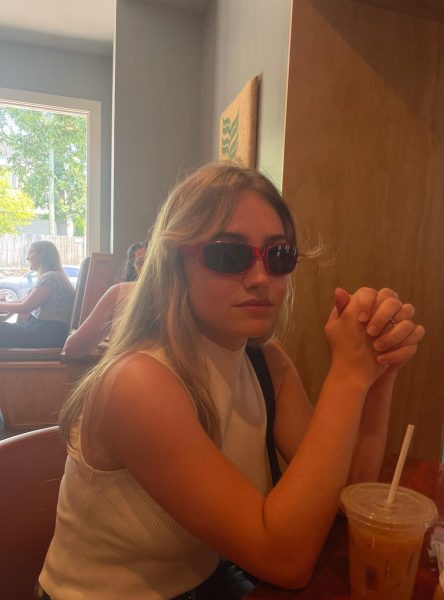


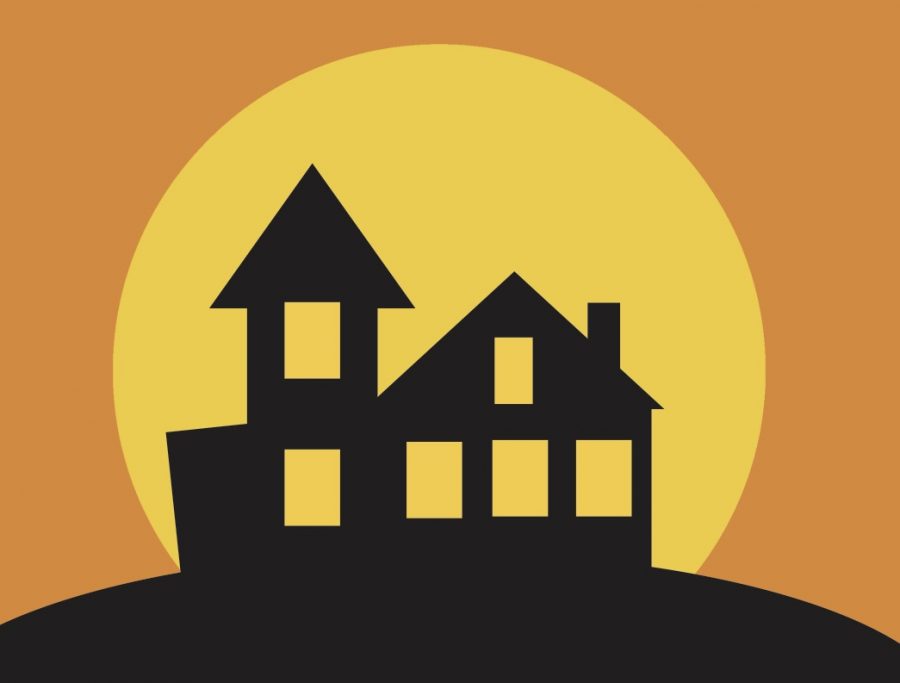
![The Teskey Brothers [Crew] gather together for a curtain call in front of a raucous St. Louis crowd after a two-song encore. (Photo courtesy of Vertrell Yates / @trellseyephotography)](https://unewsonline.com/wp-content/uploads/2024/05/Screenshot-2024-05-21-232057-600x370.png)
